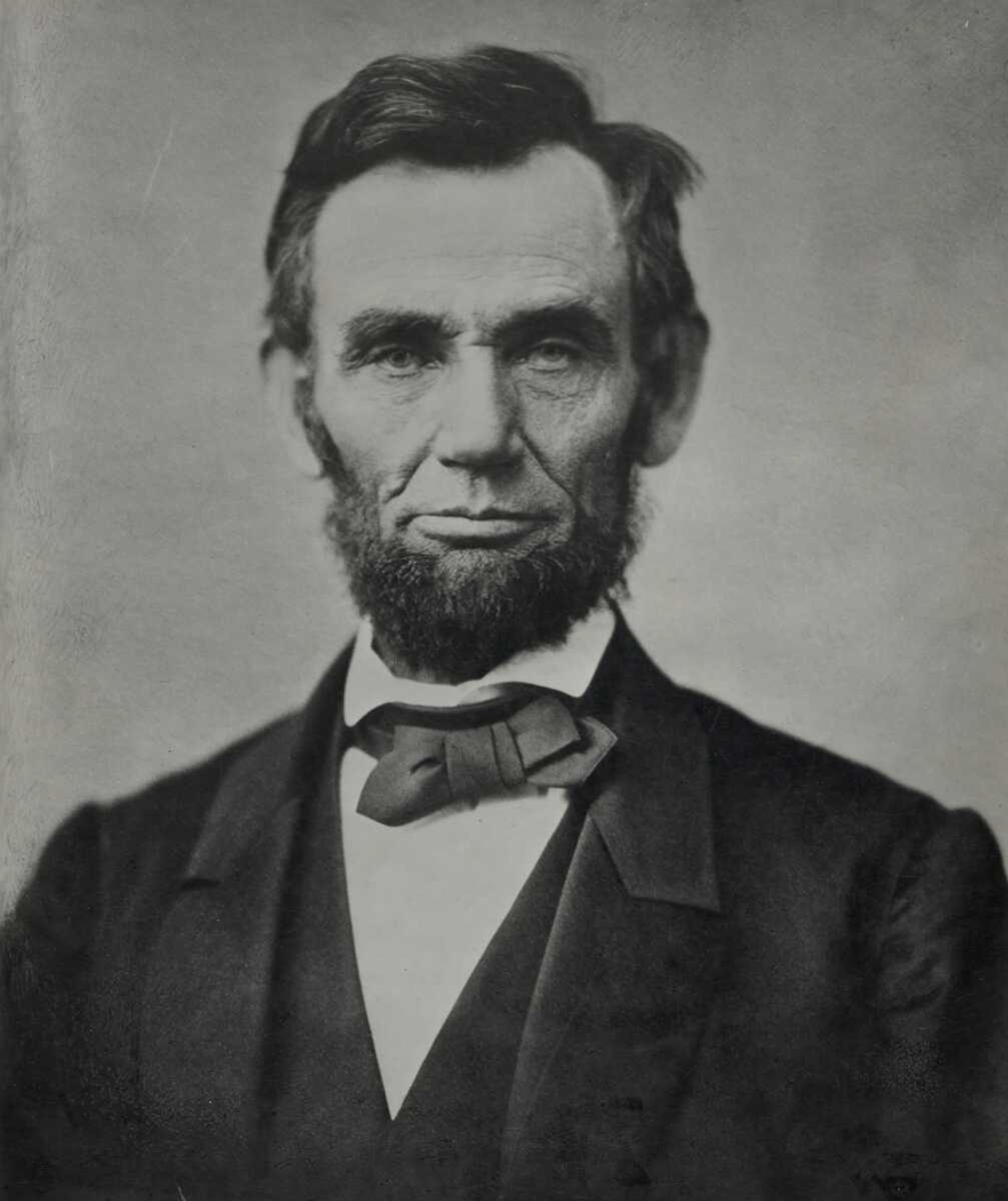What's Past is Prologue — recalling Lincoln's assassination 158 years later
Eight years before the 1873 founding of Southeast Missouri State University, a singular event changed the course of U.S. history as the Civil War was in its final days. On April 14, 1865, Good Friday on the Christian calendar, America's 16th president, Abraham Lincoln, was shot and mortally wounded inside Ford's Theatre in Washington, D.C....
"What's Past is Prologue" series, an homage to William Shakespeare's "The Tempest", looks at events of the past that seem to reoccur later with remarkable similarities. Frank Nickell of the Kellerman Foundation for Historic Preservation, previously a longtime faculty member at Southeast Missouri State University, is primary historian for these articles, which are carried intermittently in the Southeast Missourian.
Eight years before the 1873 founding of Southeast Missouri State University, a singular event changed the course of U.S. history as the Civil War was in its final days.
On April 14, 1865, Good Friday on the Christian calendar, America's 16th president, Abraham Lincoln, was shot and mortally wounded inside Ford's Theatre in Washington, D.C.
The details of the Illinoisan's death are etched into the historical consciousness of many Americans.
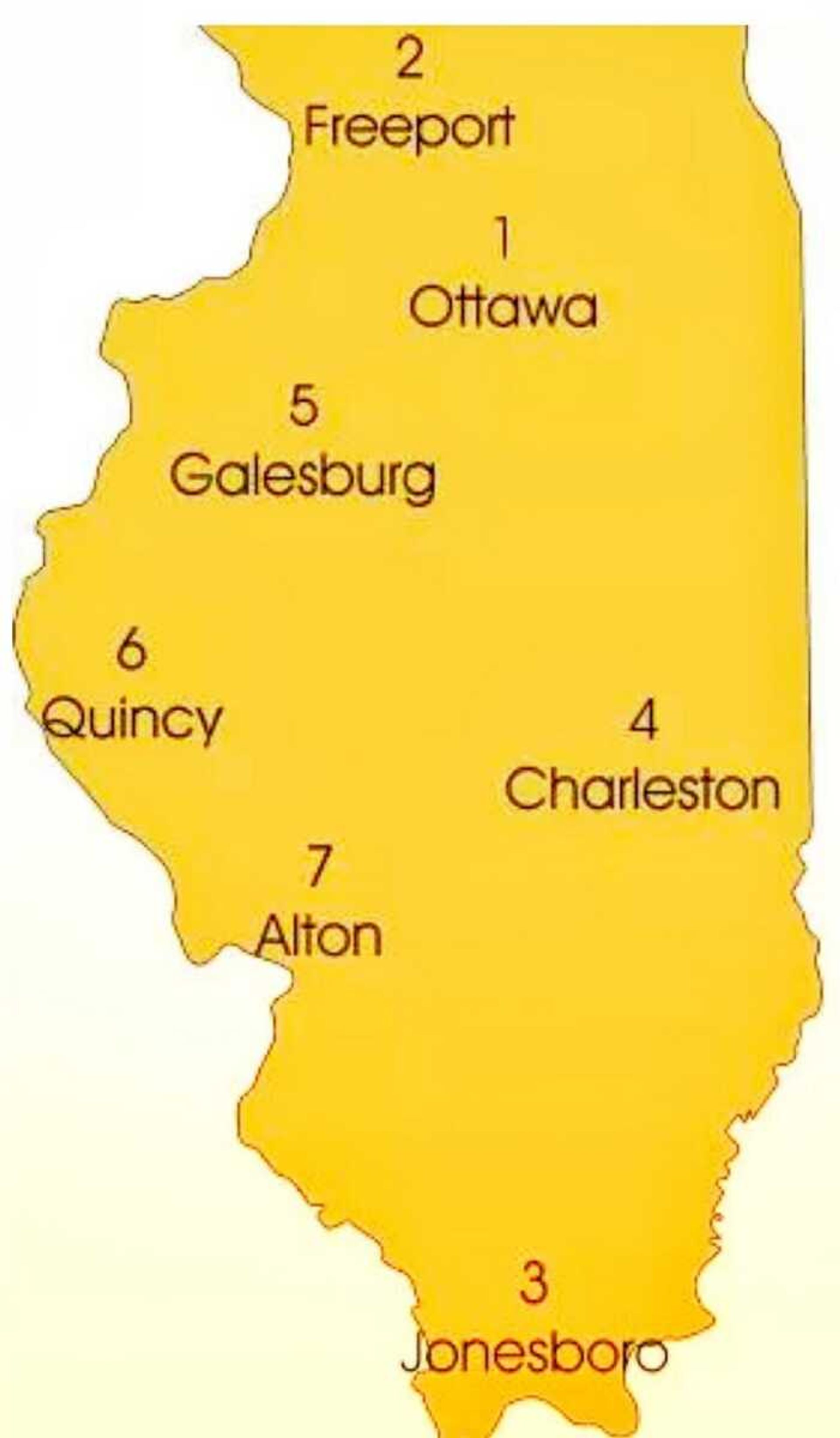
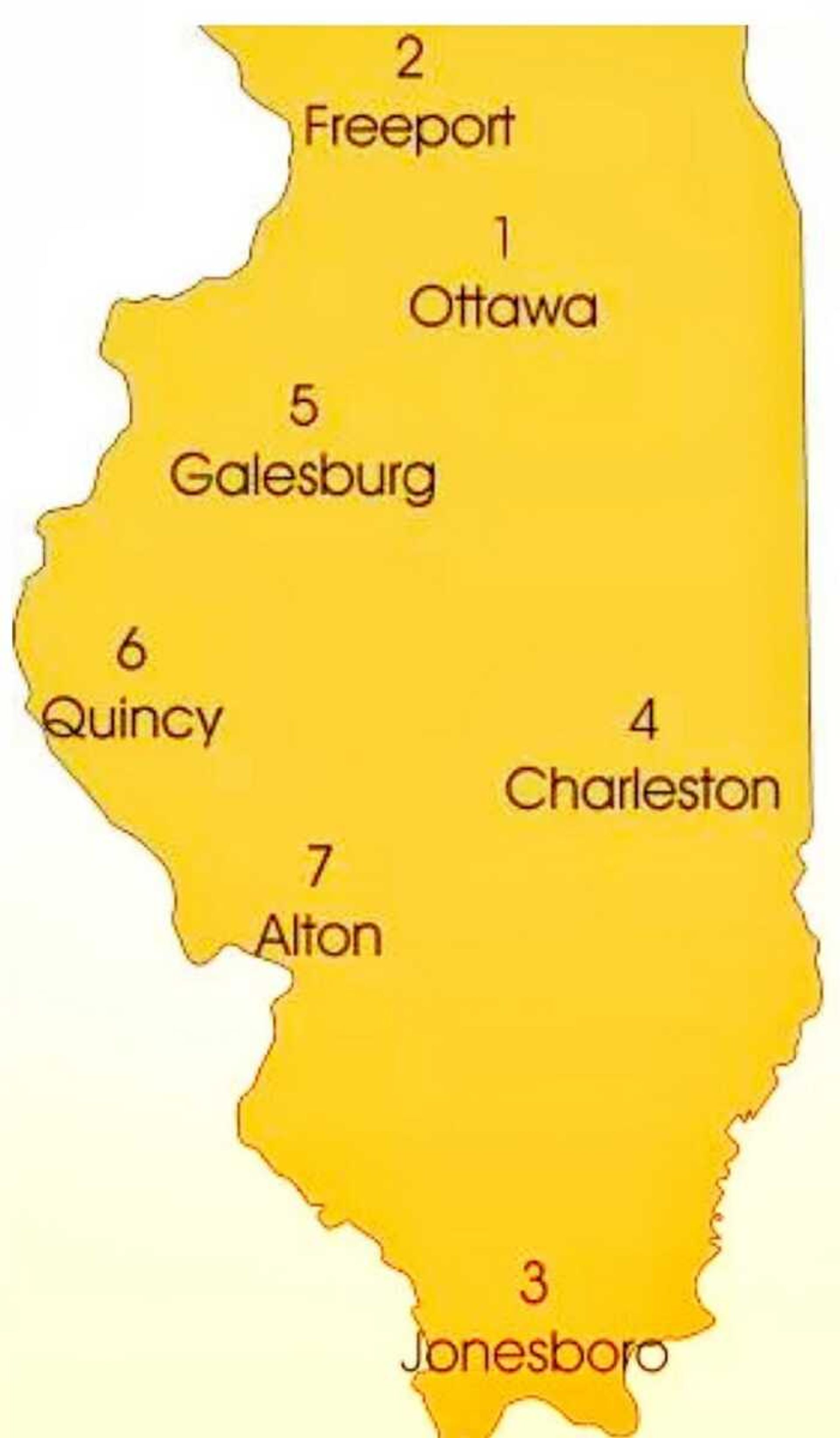
A 26-year-old actor named John Wilkes Booth, a Confederate sympathizer, apparently furious about the abolition of slavery in the U.S. and the surrender of Robert E. Lee's forces to Union Gen. Ulysses Grant just days before, entered Lincoln's box at the theatre after 10 p.m. and shot the nation's chief executive once in the back of the head.
Lincoln, aged 56, died at 7:22 a.m. the next day, having never regained consciousness.
After a manhunt, Booth was shot to death in Port Royal, Virginia, on April 26.
Reflection
"We just wish we had Lincoln back," said Nickell, who spent 43 years on the SEMO history faculty.
"I think (Lincoln) was the most outstanding individual ever to serve as president. He understood the public sentiment so clearly. No president, in my opinion, has ever articulated the issues facing the nation as clearly as him," he added, noting next to the 1863 Gettysburg Address, a speech the martyred chief executive made six weeks before his death, should be required reading for anyone who wishes to know what great writing looks like.
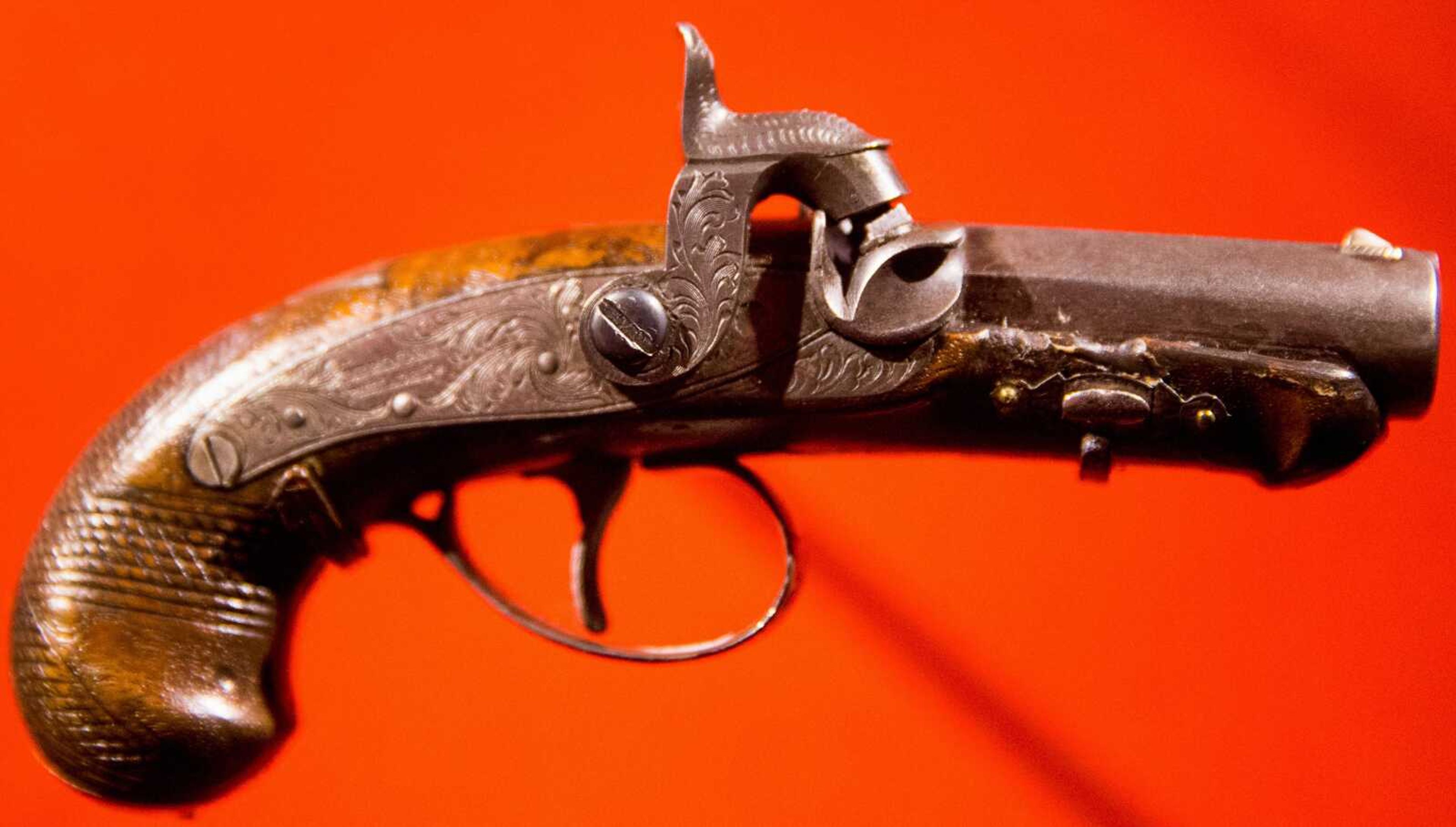
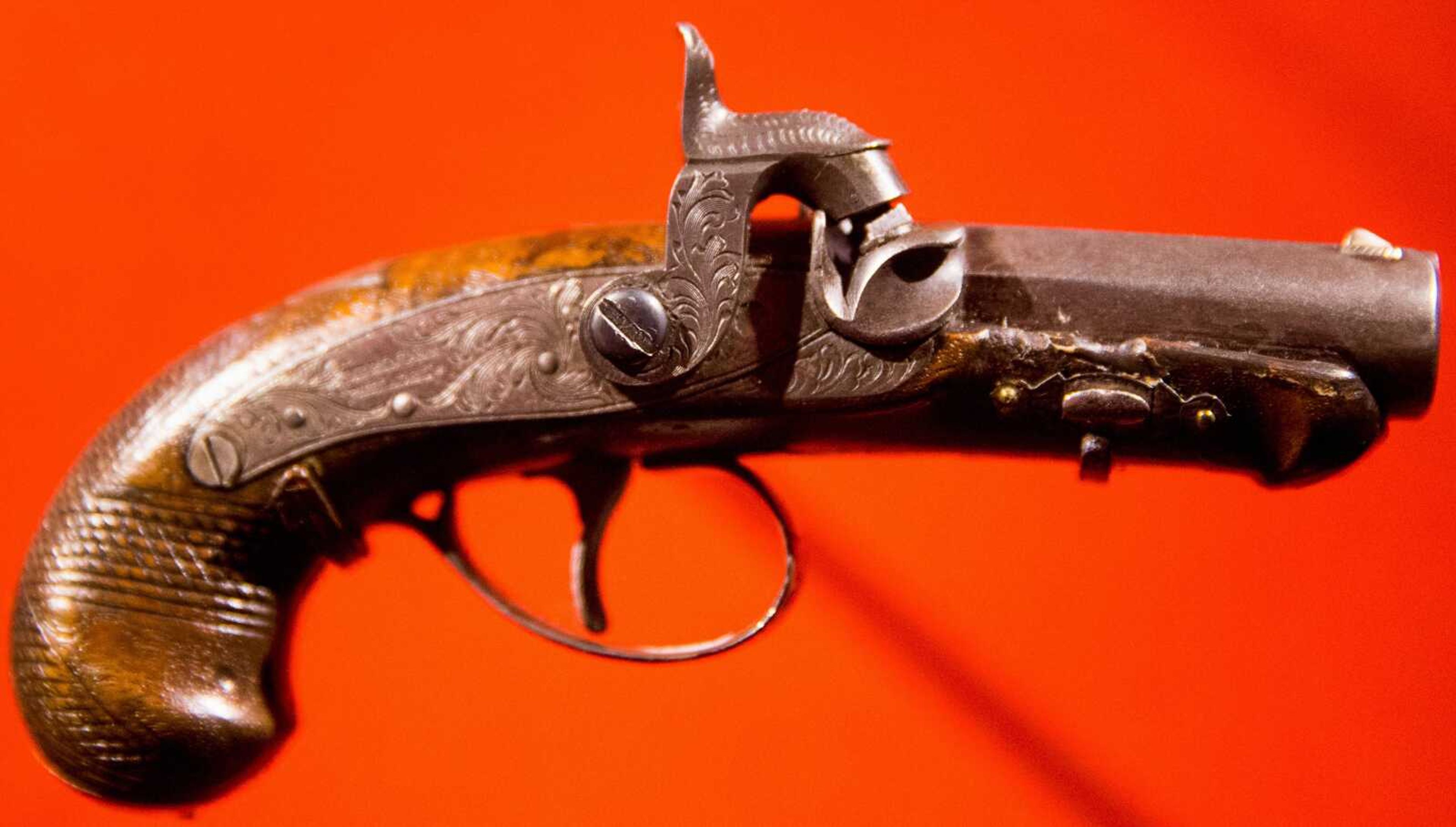
"(Lincoln's) second inaugural address on March 4, 1865, when he said. 'With malice toward none, with charity for all,' is just a masterpiece, a classic. He worked days on those remarks, explaining the cause of the Civil War and what it meant and providing an understanding of how the two sides -- North and South -- were going to get back together," Nickell explained.
Overcoming adversity
Lincoln, the noted historian said, reputedly had a high pitched speaking voice, had very little formal education and suffered from occasionally crippling bouts of depression.
"He was considered suicidal on at least one occasion and his friends watched him closely because they feared he might take his own life," said Nickell, adding Lincoln and his father, Thomas Lincoln, were not close and didn't get along well.
Lincoln named one of his sons Thomas, after his father, but David Herbert Donald, in a 1995 biography of the slain president, said based on his extensive research the son had "not one favorable word to say about the father," according to Donald's review of Lincoln's published writings and publicly accessible stories and conversations.
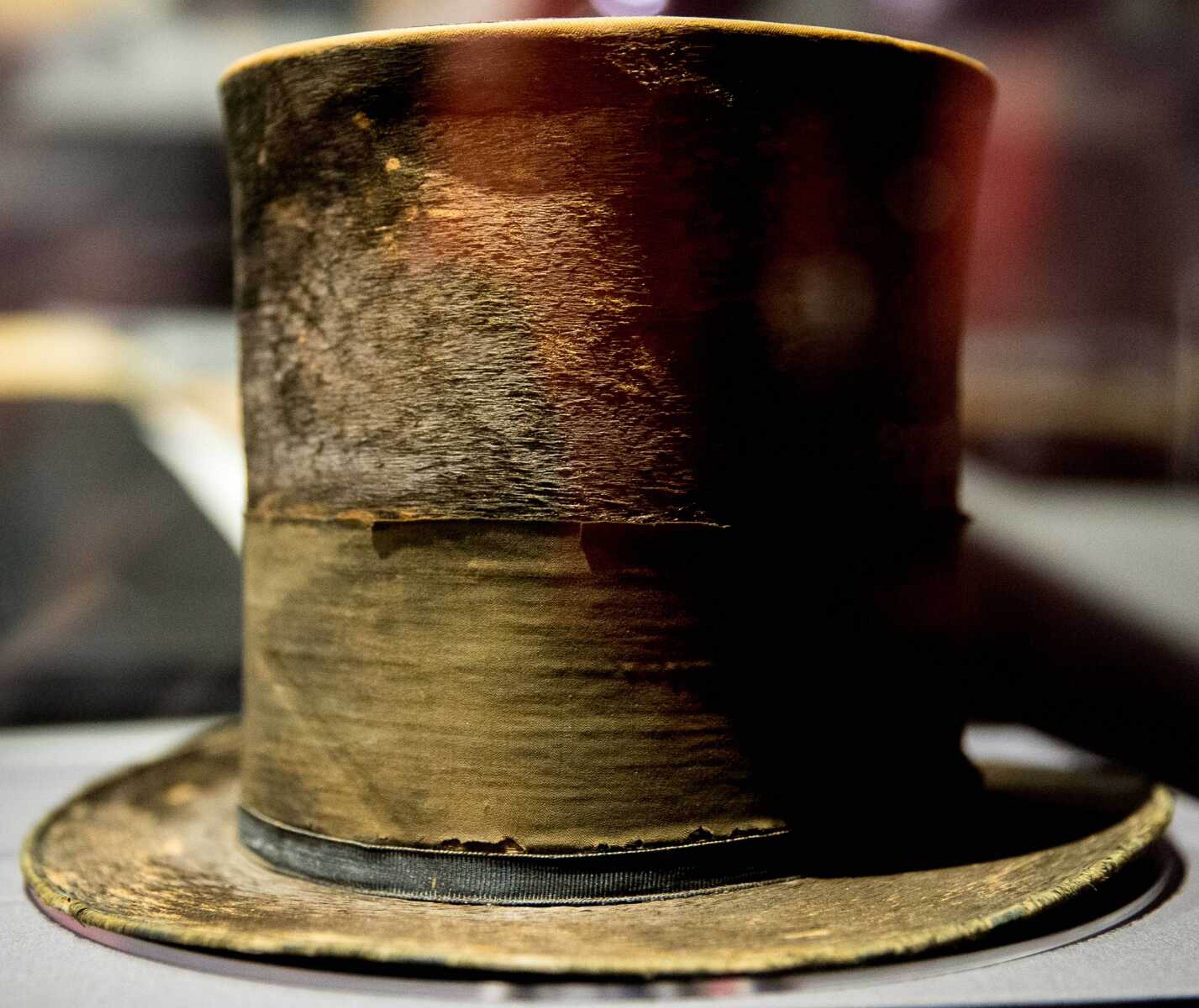
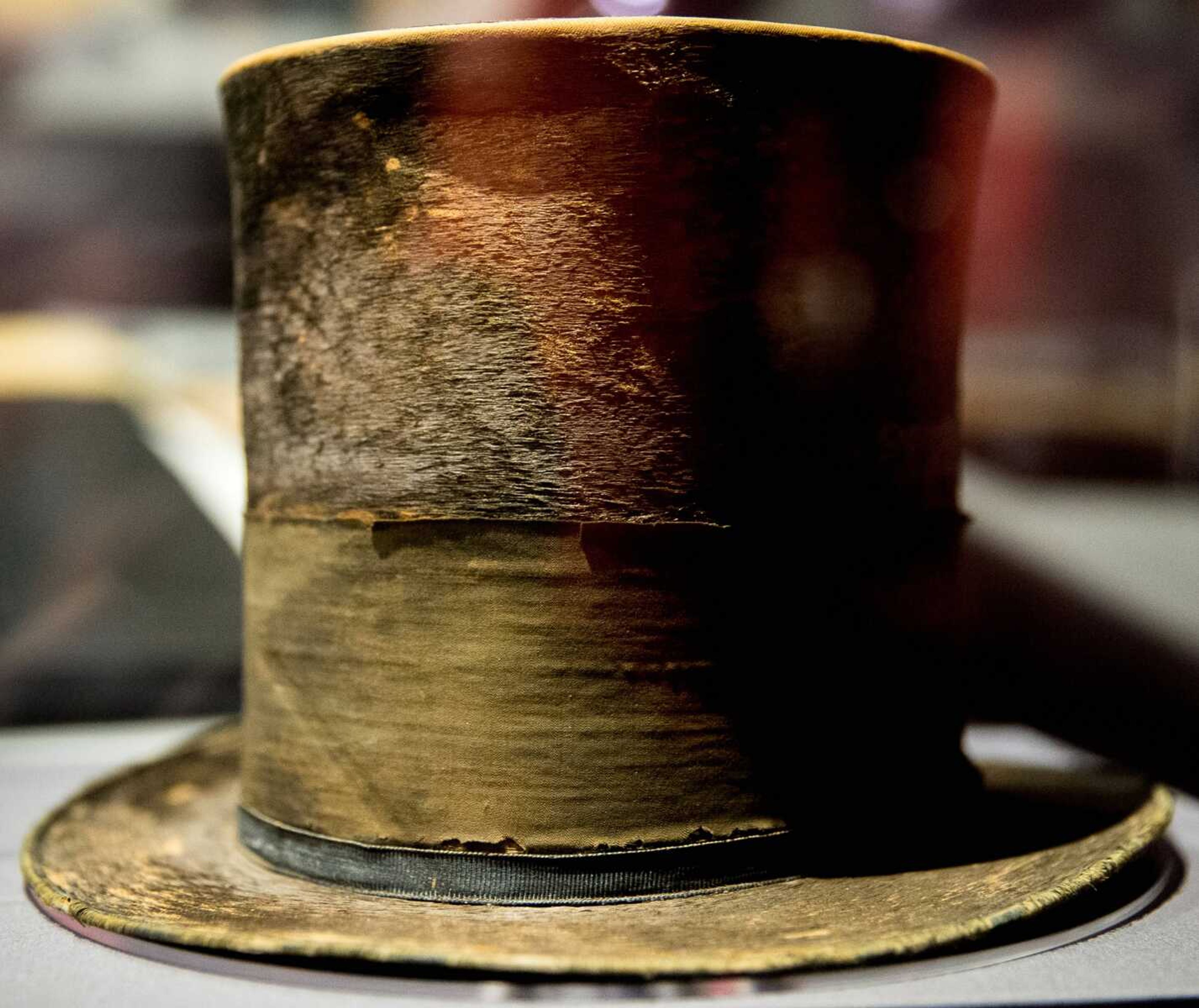
"Lincoln did not go to his father's funeral, did not pay for a headstone at Thomas' grave, did not invite his father to his wedding nor did Thomas -- who died in 1851 -- ever meet Abraham's wife or children," Nickell noted.
Visit
By all accounts, the closest Abraham Lincoln came to Southeast Missouri was his appearance at a debate with his U.S. Senate opponent Stephen Douglas on Sept. 15, 1858, in Jonesboro, Illinois -- a campaign Douglas won.
Jonesboro is approximately a half-hour away by car from Cape Girardeau.
"He never was down here and I've often wondered why that was the case because he could have reached (Cape Girardeau) pretty easily by train," Nickell said.


Scripture
"(Lincoln) quoted the Bible and mentioned Psalm 19 a lot. He is enamored with humility and reconciliation," Nickell recalled.
The selected psalm reads in part, "The precepts of the Lord are right, giving joy to the heart. The commands of the Lord are radiant, giving light to the eyes. The fear of the Lord is pure, enduring forever."
Respect
Nickell said he has gotten well acquainted with the former president's writings.
"There is a collection online of 150 of Lincoln's documents and I've read most of them -- mainly personal letters from Lincoln to individuals. (Lincoln) had very little secretarial help, had no computer and no spellcheck. Yes, there are some grammatical errors and misspellings. But he is so articulate and clear that it makes me wonder who else could have written so many influential and important words. He's simply unparalleled in American history."
Connect with the Southeast Missourian Newsroom:
For corrections to this story or other insights for the editor, click here. To submit a letter to the editor, click here. To learn about the Southeast Missourian’s AI Policy, click here.


